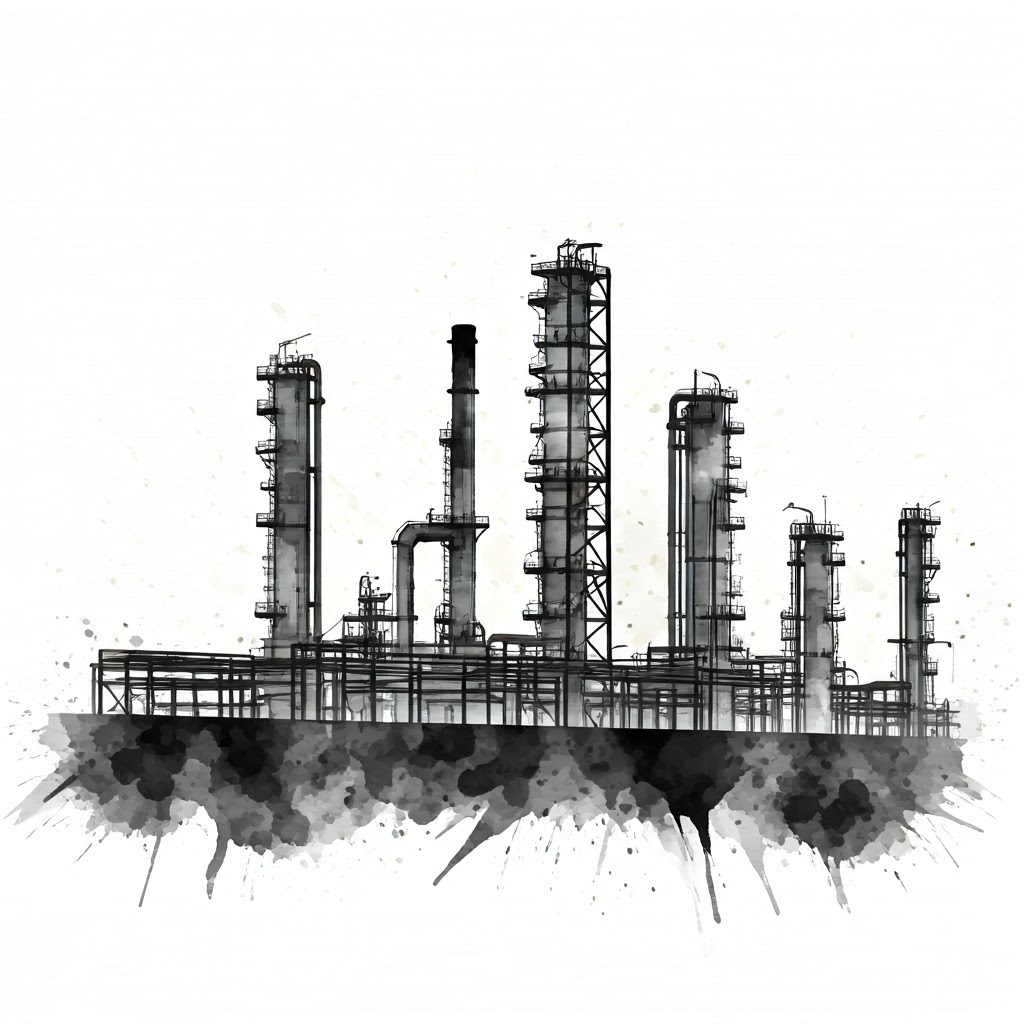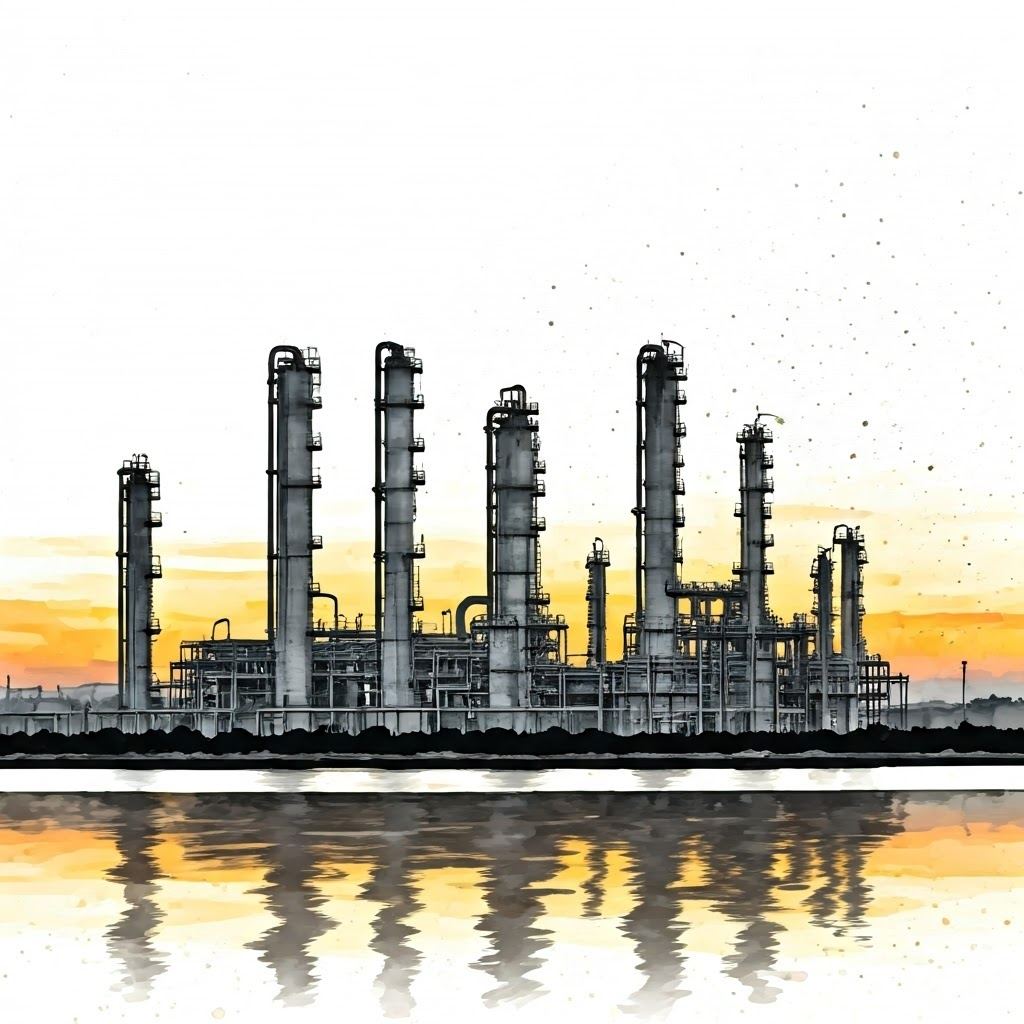Nigeria is betting big on black gold to finance its ambitious 2025 budget. The government plans to ramp up crude oil production, aiming for 2.6 million barrels per day. This move comes as they also tackle inflation and try to boost the country’s economic growth.
- Ambitious Oil Target: The government aims to produce 2.6 million barrels of crude oil daily.
- Inflation Battle: Plans are in place to reduce inflation from 34% to 15% by the end of 2024.
- Refinery Boost: The Dangote Refinery is expected to reduce the need for imported refined products.
- Economic Growth: The government aims for over 4% GDP growth by 2025.
Nigeria’s Oil Production Push
Tanimu Yakubu, the Director-General of the Budget Office of the Federation, has expressed strong confidence in Nigeria’s ability to significantly increase crude oil production. According to Yakubu, Nigeria has the potential to drill 3 million barrels per day but is currently facing constraints. He suggests that there are external factors limiting the country’s current output to just 900,000 barrels per day. The government is working to overcome these hurdles and boost production as a vital component of its economic strategy.
The 2.6 Million Barrel Target
The goal of reaching 2.6 million barrels per day in 2024 is not just a hopeful wish, says Yakubu. He claims ongoing reforms and President Bola Ahmed Tinubu’s commitment will ensure the target is achieved. The country is already near the 2 million barrels per day mark. A recent deal involving the transfer of assets by SPDC is expected to add a further 130,000 barrels per day in the new year. This combination of increased production and strategic asset transfers is a key step in the plan.
Tackling Inflation: The Dangote Refinery’s Role
One of the main drivers of inflation has been the high cost of importing refined petroleum products. The coming online of the Dangote Refinery, along with other smaller local refineries, is expected to cut down on the amount of foreign exchange spent on these imports. Yakubu stated that Nigeria used to spend about a third of its foreign exchange earnings on refined products. This will significantly reduce the pressure on the Nigerian currency and contribute to price stability.
Additional Economic Boosters
Beyond increased crude production and refinery improvements, the government is also relying on a few other factors to boost the economy:
- Foreign Investment: There has been an increase in foreign portfolio investments, signaling growing confidence in the Nigerian economy.
- Export of Refined Products: Nigeria also plans to export refined products, creating a new source of foreign exchange earnings.
- Reduced Upstream Costs: The government is taking measures to decrease the high cost of production in the upstream sector, further boosting the country’s financial situation.
Optimism for the Future
These initiatives are the foundation of the government’s optimism. They project a GDP growth of over 4% by 2025. Improvements in security and community cooperation in the Niger Delta are cited as key elements to achieving these targets. The government also aims to reduce inflation from the current 34% to 15%. The overall goal is to create a more stable and prosperous economy for Nigeria.
The Broader Economic Context
While the oil sector is a major focus, Nigeria’s economy is complex. Other factors such as diversification of the economy, and managing government debt, also play a significant role in the country’s long-term prosperity. It is to be seen if this oil-focused plan is enough to propel Nigeria to a stable economy.
Additional Facts: The Nigerian oil sector has been struggling with underinvestment, pipeline vandalism, and other issues, leading to significant production losses. The government’s efforts to curb these losses are crucial to achieve the set targets.





